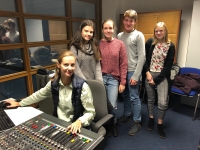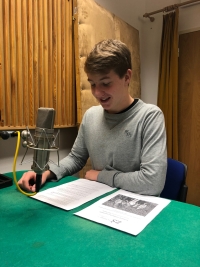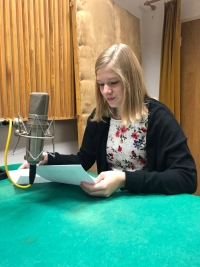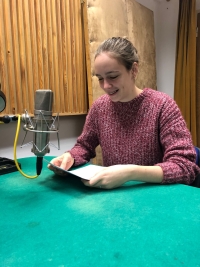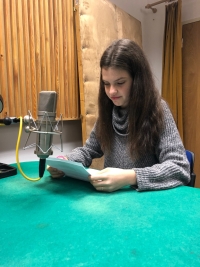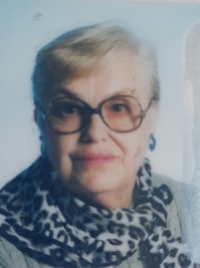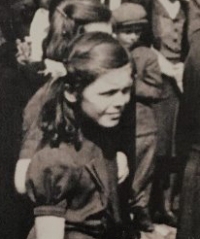We did not celebrate the end of the war in Lahovice. There were too many dead

Download image
Marie Sulíková, née Vaidlová, was born in Prague on 31 March 1934 into the family of fiscal official Karel Vaidl and Marie Vaidlová, née Stehlíková. In 1939 the family moved from Kladno to Lahovice where her grandfather Jan Stehlík and other relatives lived. Marie has a younger brother Karel. She started her schooling in the Zbraslav primary school in 1940. In 1944 she successfully passed the exams for Drtina’s Girls’ Grammar School in Prague-Smíchov. During the Prague Uprising in 1945 she helped build the barricade in Lahovice, which delayed the advance of the Germans into Prague. The Nazis shot many neighbours in the village and took several hostages including her grandfather and uncle. Her father took weapons to help Prague. Tragically, her friend Ladislav Balabán lost his life during this period, fatally shot by a German soldier. She joined the scouts after the war. She exercised at the All-Sokol meeting with junior girls in 1948. In 1952 she graduated from the teaching high school in Voršilská Street. She started as a first stage teacher, then taught science, geography, labour education and civic education at the second stage. She worked in Klecany, Vodochody, Horní Počernice, Davle, Radotín and, for the longest period, in Štěchovice from 1968 to 1992. She also chaired the local unit of the Revolutionary Trade Union Movement (ROH) but did not have to join the Communist Party of Czechoslovakia (KSČ). In 1992 she left the education sector and worked as a curator in picture galleries. She witnessed the devastating flood of 2002 in Lahovice. She lived in Prague in 2023.
